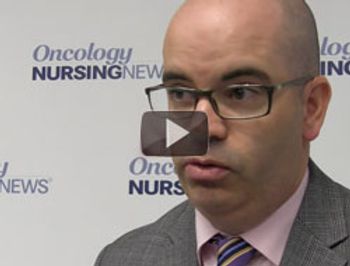
Grant Williams, MD, clinical instructor and research fellow at the University of North Carolina, Chapel Hill, discusses the impact the losing skeletal muscle mass has on elderly patients with cancer.

Grant Williams, MD, clinical instructor and research fellow at the University of North Carolina, Chapel Hill, discusses the impact the losing skeletal muscle mass has on elderly patients with cancer.

Alan B. Astrow, MD, chief of hematology and medical oncology at New York Methodist Hospital, discusses the importance of approaching spirituality in the oncology setting.
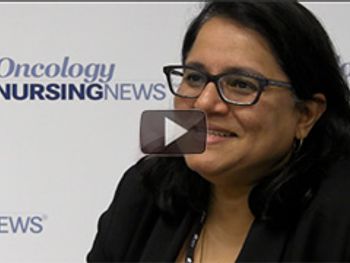
Nina Kadan-Lottick, MD, associate professor of Pediatrics (Hematology/Oncology and medical director of the HEROES program at Yale School of Medicine, discusses ways to improve survivorship care plans.
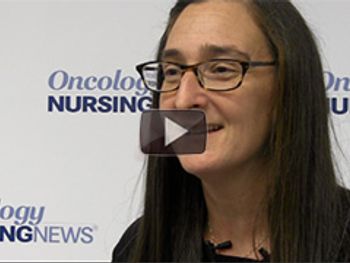
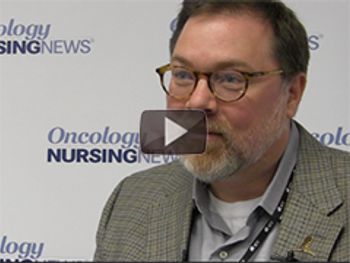
James L. Klosky, PhD, director or psychological services and cancer survivorship, St. Jude Children’s Research Hospital, discusses HPV-related complications, including cancer, for survivors of childhood cancer.
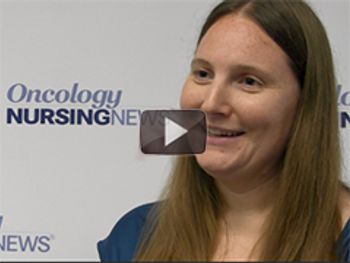
Emily Johnston, MD, fellow at Lucile Packard Children’s Hospital Stanford, discusses the differences between end-of-life care in adolescent and young adult (AYA) patients and older patients with cancer.
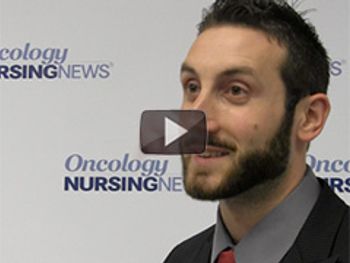
Ian R. Kleckner, PhD, Research Assistant Professor at University of Rochester Medical Center, discusses the benefits of exercise for patients with chemotherapy-induced peripheral neuropathy (CIPN).
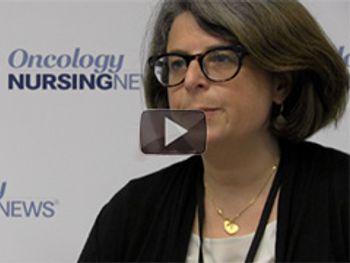
Jennifer Levine, MD, Columbia University Medical Center, discusses the effects of early menopause on survivors of childhood cancer.
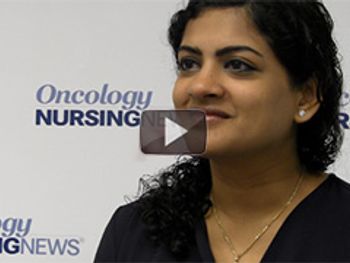
Ishwaria Mohan Subbiah, MD, of MD Anderson Cancer Center, discusses the importance of elderly patients enrolling in clinical trials. Ishwaria Mohan Subbiah, MD, MD Anderson Cancer Center, discusses the importance of elderly patients enrolling in clinical trials.

Halle Moore, MD, medical oncologist, Cleveland Clinic, discusses survivorship issues and symptoms that breast cancer survivors face.
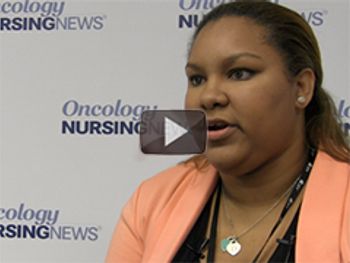
Daniela Delbeau, RN, clinical research nurse coordinator at the Perlmutter Cancer Center at NYU Langone Medical Center, discusses how individuals react differently to treatment.
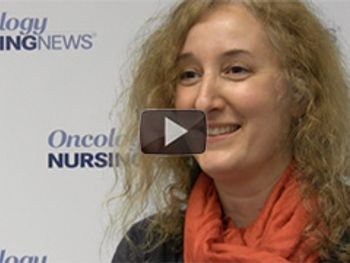
Alyson Moadel, PhD, director of psychosocial oncology, Albert Einstein College of Medicine, Montefiore Medical Center, discusses partner-related side effects of prostate cancer.
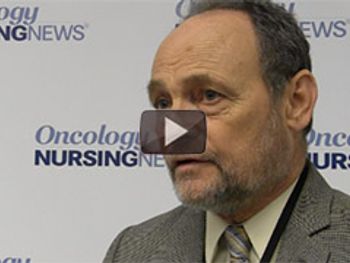
Michael Birrer, MD, PhD, Harvard Medical School, discusses the importance of personalized care for ovarian cancer.
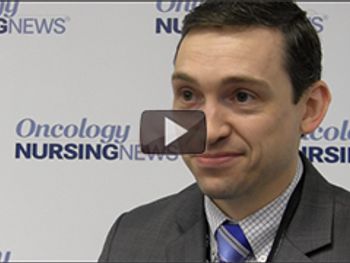
Ryan Nipp, MD, Massachusetts General Hospital, discusses the correlation between symptom burden and length of hospital stay for patients with cancer.
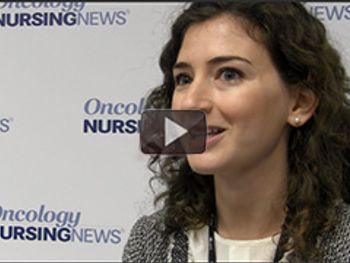
Claire Friedman, MD, Memorial Sloan Kettering Cancer Center, discusses the promise of immunotherapy for elderly patients with melanoma.

Tara Sanft, MD, Yale Cancer Center, discusses VEGF as a possible link between diabetes and cancer.
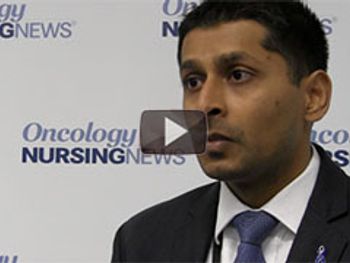
Raghav Sundar, MBBS, MRCP, MMed, National University Health System, Singapore, discusses the development of a new device that may be able to reduce chemotherapy-induced peripheral neuropathy (CIPN).
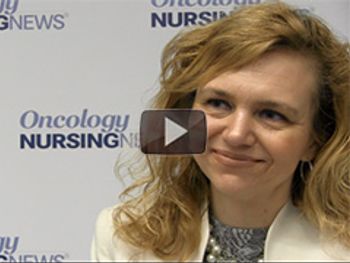
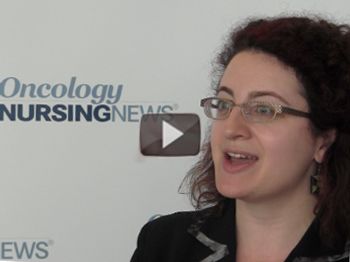
Inna Tsuker, PharmD, BCPS, Cancer Treatment Centers of America, discusses the Qutenza patch, a little-known treatment for neuropathic pain.

Sheila Hunt, RN, Baylor Scott and White McClinton Cancer Center, discusses how she manages day-to-day stress as an oncology nurse.
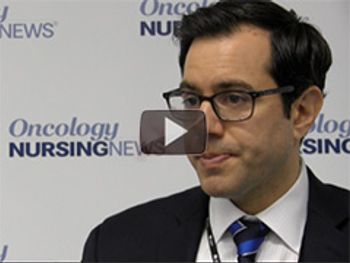
Matthew Galsky, MD, medical oncologist, Icahn School of Medicine at Mount Sinai, discusses treatment for lymph node-positive bladder cancer.

Gary H. Lyman, MD, MPH, Fred Hutchinson Cancer Research Center, discusses the immediate and long-term effects of febrile neutropenia.
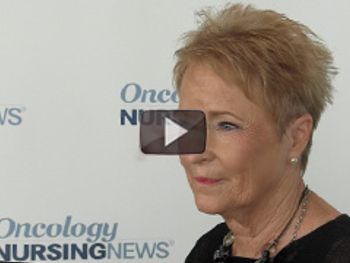
Jean Sellers, RN, MSN, administrative clinical director, UNC Lineberger Comprehensive Cancer Center, discusses how to be a successful oncology nurse navigator.

Mary S. McCabe, RN, MA, discusses an evaluation of nurse practitioner-led survivorship care.
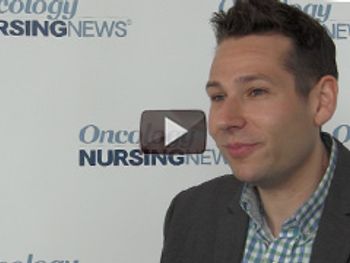
Joel Stettler, BSN, RN, OCN, Moffitt Cancer Center, discusses common causes for falls in the inpatient malignant hematology population, and what can be done to reduce these incidents.
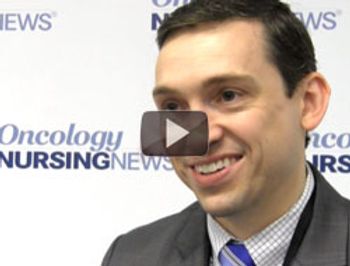
Ryan Nipp, MD, discusses a study of symptom burden and hospital length of stay in patients with incurable cancer.

Melisa Wong, MD, discusses an analysis of age and comorbidity on treatment of non-small cell lung cancer recurrence. Wong presented this analysis at the 2016 ASCO Annual Meeting.
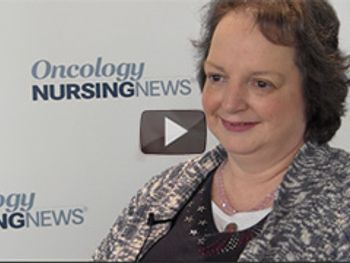
Donna Clark, RN, Mitchell Cancer Institute, discusses the difference that a caring oncology nurse can make for patients.
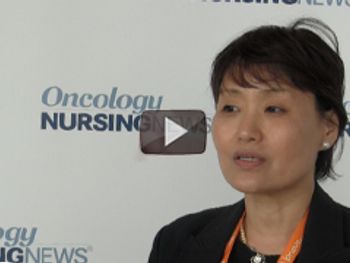
Kyung Chu, RN, NYU Langone Perlmutter Cancer Center, discusses treating patients with different subtypes of KRAS mutation.

Jeannine Brant, PhD, APRN-CNS, AOCN, of the Billings Clinic in Montana, discusses the importance of assessing and managing breakthrough cancer pain.